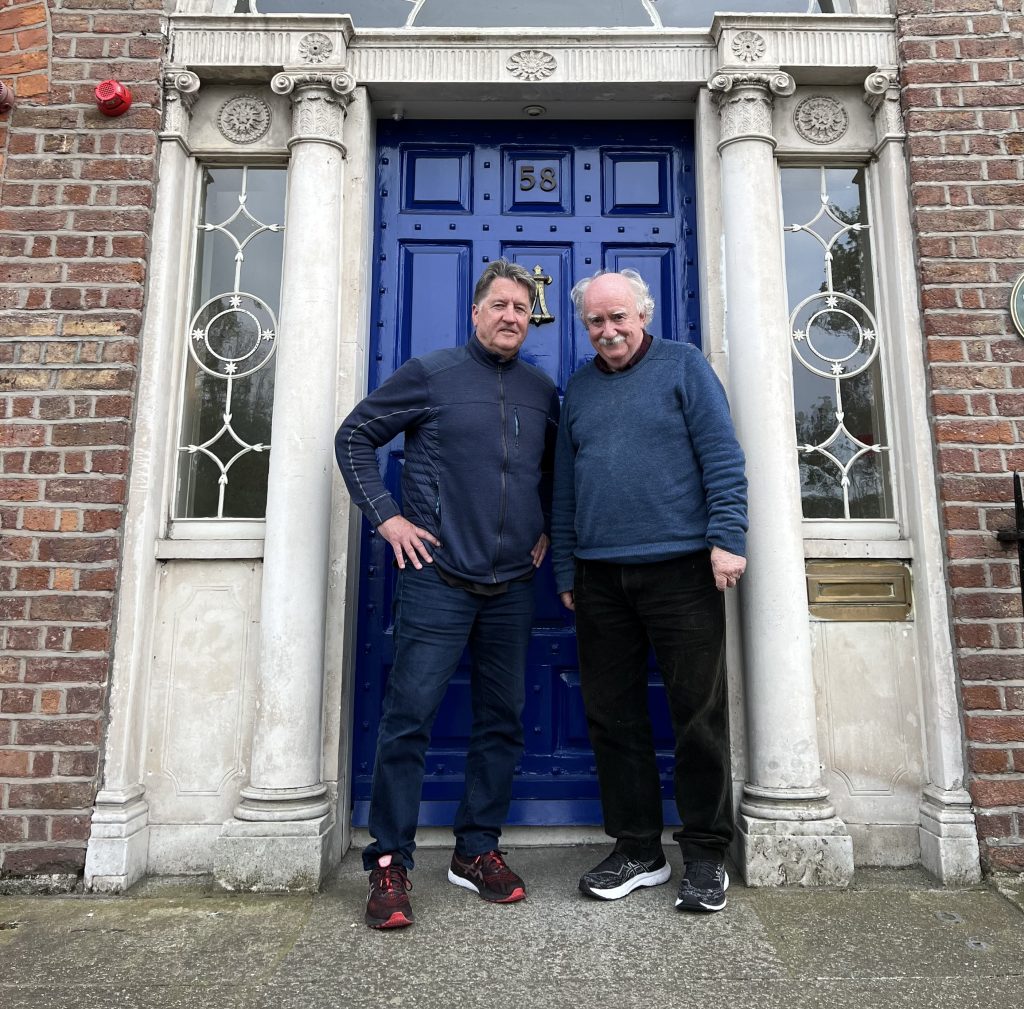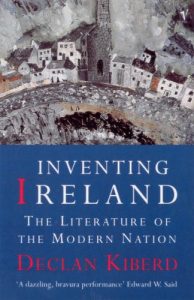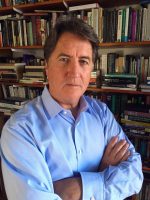It is somehow fitting that the Good Friday Peace Agreement of 1998 has become inseparable from Irish poetry. If, for a moment, “hope and history rhymed” or those involved in resolving the conflict “walked on air against their better judgment,” politicians and other speechifiers have poet Seamus Heaney to thank for their grab-bag of metaphorical phrases. In an earlier era of Irish conflict, William Butler Yeats also provided his generation with a poetic idiom to crystalize the complex reality they lived through. If “terrible beauty” was birthed by violence, Yeats made it part of his art.
Heaney, who died ten years ago on August 30th, insisted that a poem “never stopped a tank.” Yet, there still exists the possibility of what Heaney called an “answering energy” in literature and poetry that drives what writers and poets do.
Declan Kiberd is one of the Irish scholars who has most thoughtfully explored the ways in which the nation of Ireland was written into existence through novels, poems, and drama. If Ireland has become, in Kiberd’s description, “a quilt of many patches and colors,” it is writers who have helped knit that quilt.
In Kiberd’s monumental book Inventing Ireland, he showed how writers have constantly renovated Irish consciousness and by doing so transformed the country’s cultural, social, and political life. Of particular interest for Kiberd is how artists have prefigured a future where the “either or polarities” that restrict identity, politics, and life are punctured.
I talked to Kiberd at his office in Dublin near Merrion Square where Daniel O’Connell had once lived. Kiberd, who has held many academic positions, is currently a Professor of English and Irish Language and Literature at the University of Notre Dame’s program in Dublin. I had just driven from Belfast where I had attended a conference on the 25-year anniversary of the Good Friday Agreement.
I was thinking about Seamus Heaney as a number of participants in the conference had mentioned him and his poetry, some in the manner of the political cliché, others with more nuance. We started our conversation talking about Heaney and other Northern Irish poets.
California writer, Kelly Candaele traveled to Ireland during the pandemic and found solace in seeking out the landscape of Seamus Heaney’s poetry. Kelly covered the Northern Ireland peace process for the Los Angeles Times. He has written for the New York Times, The Nation, The Guardian, and Irish America. He is also a documentary filmmaker.




Leave a Reply